Section 2: 2016-2017 in Focus: The Year in Military Prosecutions
Introduction
As part of the Government of Canada, the DMP is accountable for maximizing efficiencies within available resources and reporting on CMPS’s performance. The information and analysis provided below seek to describe, in the context of courts martial only, that performance in light of available resources.
Overview
With the addition of the 64 files carried-over from FY 2015-2016 (either because post-charge decision was still pending, supplementary investigations were requested but not yet received, cases were awaiting a trial date or the courts martial were not yet completed), CMPS had to work on a total 300 files that had either been referred to the DMP by the chain of command during the reporting period or were pre-charge advice sought by CFNIS or Deputy Judge Advocates (DJA); the highest number in four years. For referrals alone, there was a 20% increase in the number of files handled compared to a total of 158 files handled in FY 2015/2016.
Pre-Charge Advice
CMPS is responsible to provide pre-charge advice to the CFNIS, but also to DJAs who are advising individual CAF units in matters of discipline. As per JAG Policy Directive 010/00 - Charge Screening Policy, if the pre-charge review of the evidence reveals that the potential charge or charges can only be tried by court martial, the DJA shall refer the case to a RMP who is then responsible for conducting the pre-charge review using the evidentiary standard applicable at court martial. In FY 2016-2017, a total of 110 pre-charge files were handled by CMPS; 93 were completed and 17 were still pending as of 31 March 2017.
In relation to the 93 pre-charge files completed during the reporting period, RMPs recommended that a charge or charges be laid in 50 of them (54% of total files completed).
64% of pre-charge files came from the CFNIS and 33% from DJAs during the reporting period. Only 3 files came directly from units.
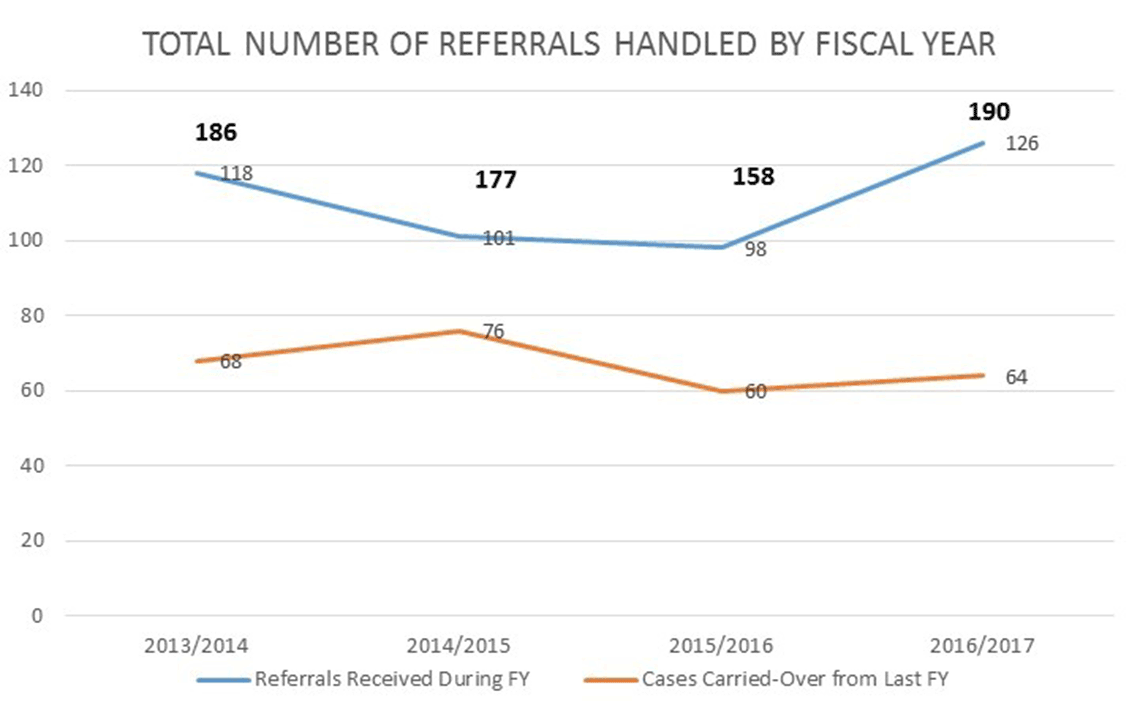
Figure 3 - See table below for graph breakdown.
| 2013/14 | 2014/15 | 2015/16 | 2016/17 | |
|---|---|---|---|---|
| Referrals Received during FY | 118 | 101 | 98 | 126 |
| Cases Carried-Over from Last FY | 68 | 76 | 60 | 64 |
| Total | 186 | 177 | 158 | 190 |
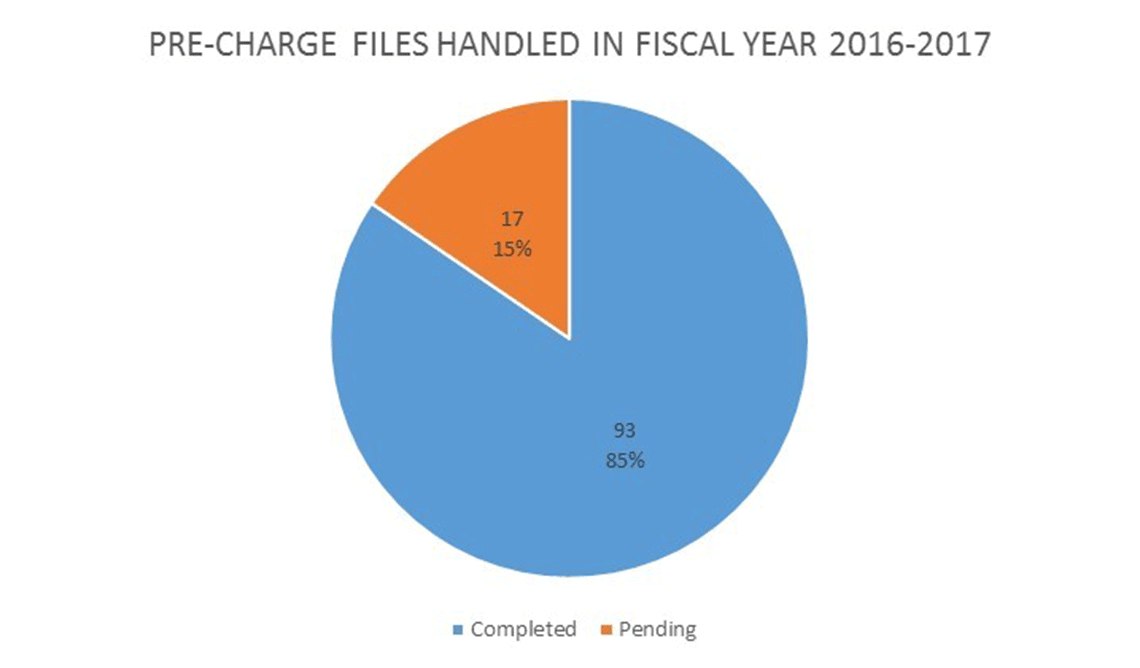
Figure 4 - See table below for graph breakdown.
| Number | Percentage | |
|---|---|---|
| Completed | 93 | 85% |
| Pending | 17 | 15% |
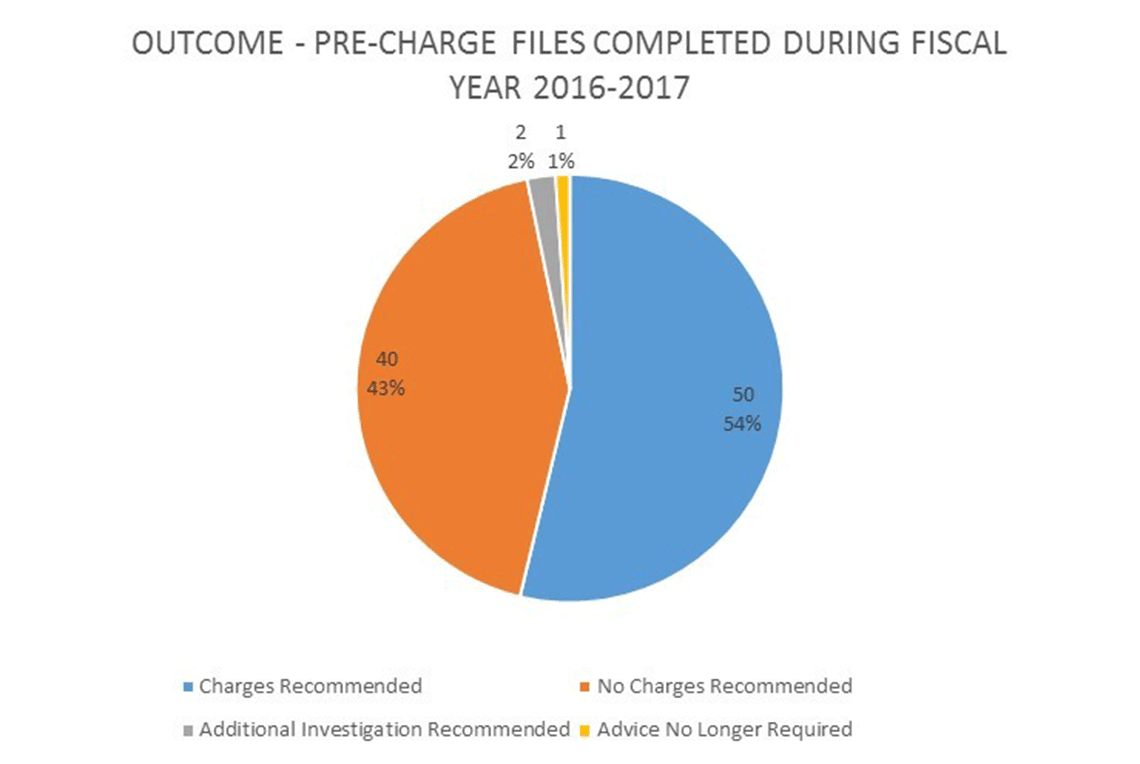
Figure 5 - See table below for graph breakdown.
| Number | Percentage | |
|---|---|---|
| Charges Recommended | 50 | 54% |
| No Charges Recommended | 40 | 43% |
| Additional Investigation Recommended | 2 | 2% |
| Advice No Longer Required | 1 | 1% |

Figure 6 - See table below for graph breakdown.
| Number | Percentage | |
|---|---|---|
| Advice Sought by DJA/AJAG | 37 | 33% |
| Advice Sought by CFNIS | 70 | 64% |
| Advice Sought by Units | 3 | 3% |
Referrals
The number of files referred to DMP in the reporting period increased by 29% compared to the previous fiscal year (from 98 to 126); the highest number of referrals received in any given year for the past five years. The yearly average over five years is 114 referrals. For referrals received in FY 2016-2017, 68 files led to charges being preferred for court martial, 34 files were not preferred and 24 files were still pending prosecutorial decision as of 31 March 2017.
Of those 190 files, 110 files were cleared during the reporting period, either through conclusion of court martial proceedings, through non-preferral of charges or through withdrawal of charges. 80 files were not completely resolved as of 31 March 2017; 56 files for which charges were preferred and awaiting court martial completion and 24 for which prosecutorial decision is still pending.
Of the 110 cases cleared in the reporting period (of which 53 were received in FY 2016-2017 and 57 from previous FYs), 57 files were cleared through the conclusion of court martial proceedings (for a total of 56 completed courts martial in FY 2016-2017); 45 files resulted in non-preferral of charges and 8 cases resulted in withdrawal of charges.
Current status of all referrals received per fiscal year for the past five years is displayed above. For referrals received in the reporting period, 53 were completed (either though a non-preferral decision, a completed court martial or withdrawal of charges), thus leaving 73 cases ongoing (pending post-charge decision, awaiting trial date or court martial convened but not completed). As of 31 March 2017, 7 cases from previous fiscal years were still outstanding (for a total of 80 cases carried-over to FY 2017-2018). As of note, in accordance with DMP Policy Directive 003/00 Post-Charge Review, charges are preferred for court martial after review of the referral file by a RMP when it is deemed that there is a reasonable prospect of conviction based on the evidence gathered at the investigation stage and if it is in the public interest to do so16.
During the reporting period, there was a significant decrease in the percentage of referrals received where the investigation of the alleged offence(s) was done at the unit level (60 out of 126 referrals for less than 50% compared to 59 out of 98 for 60% in FY 15/16). In contrast, Military Police investigations amounted to more than 37% of referrals compared to 22% in FY 15/16. CFNIS investigations remained fairly constant at 15% of all referrals received.
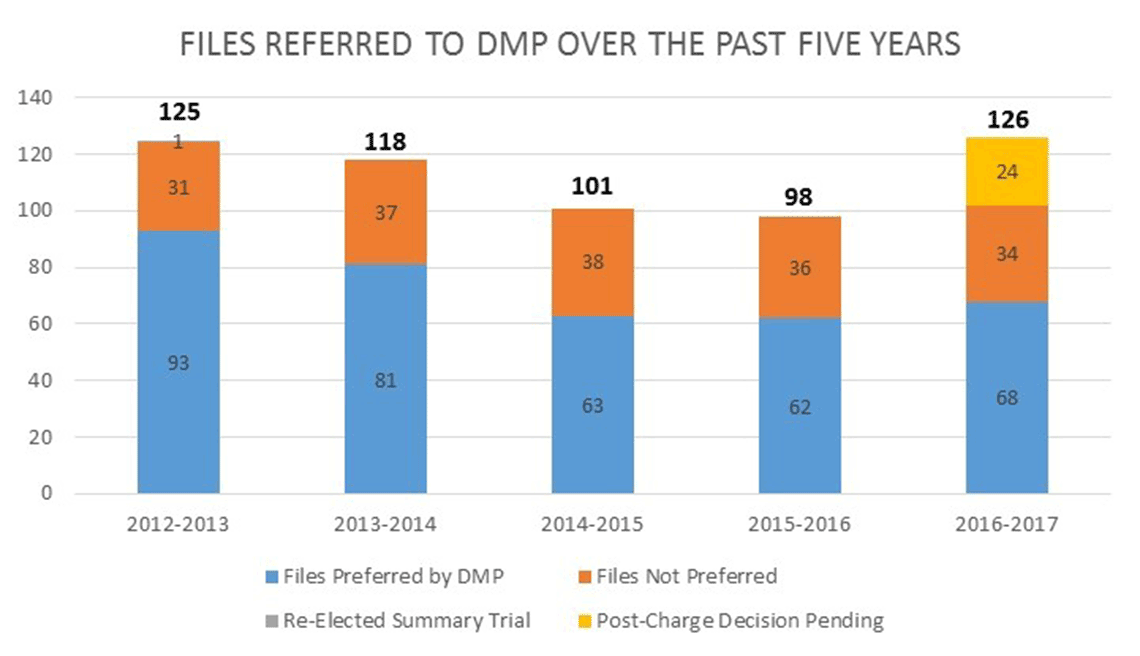
Figure 7 - See table below for graph breakdown.
| 2012/13 | 2013/14 | 2014/15 | 2015/16 | 2016/17 | |
|---|---|---|---|---|---|
| Files Preferred by DMP | 93 | 81 | 63 | 62 | 68 |
| Files Not Preferred | 31 | 37 | 38 | 36 | 34 |
| Re-Elected Summary Trial | 0 | 0 | 0 | 0 | 0 |
| Post-Charge Decision Pending | 1 | 0 | 0 | 0 | 24 |
| Total | 125 | 118 | 101 | 98 | 126 |
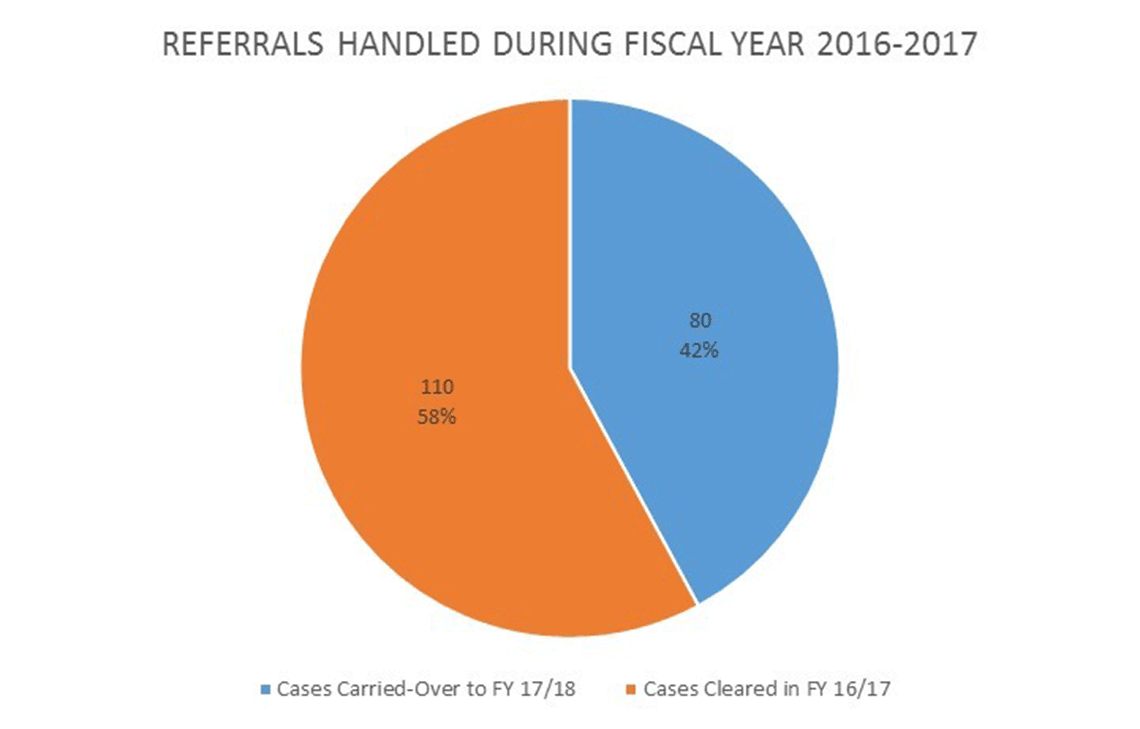
Figure 8 - See table below for graph breakdown.
| Number | Percentage | |
|---|---|---|
| Cases Carried-Over to FY 17/18 | 80 | 42% |
| Cases Cleared in FY 16/17 | 110 | 58% |
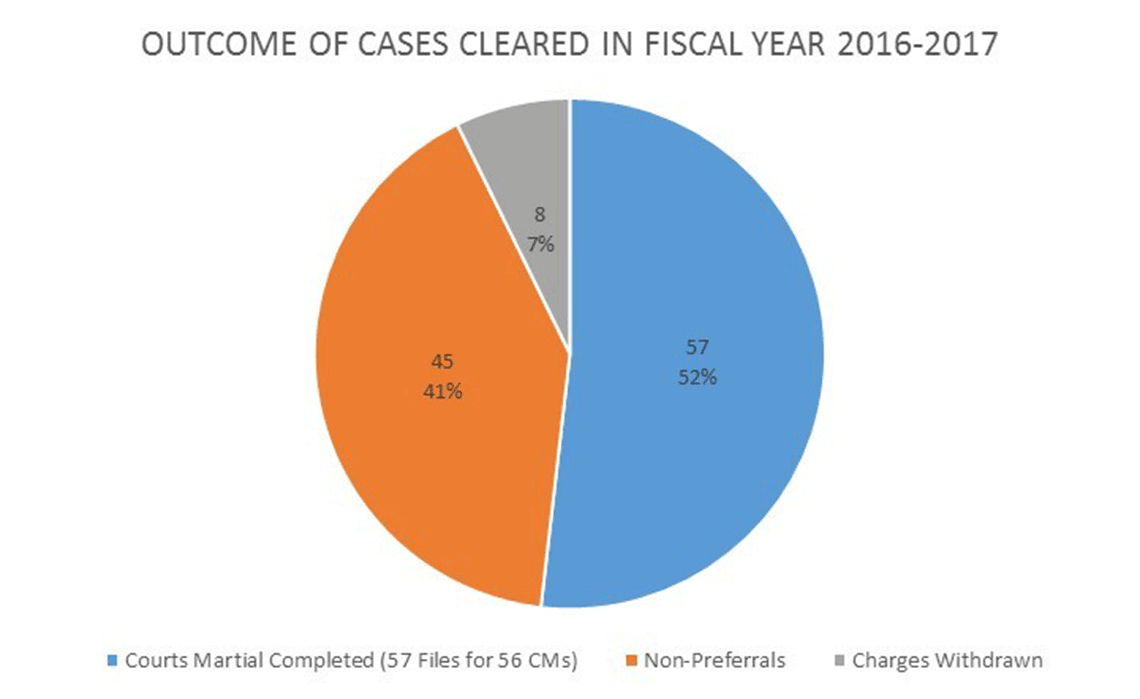
Figure 9 - See table below for graph breakdown.
| Number | Percentage | |
|---|---|---|
| Courts Martial Completed * | 57 | 52% |
| Non-Preferrals | 45 | 41% |
| Charges Withdrawn | 8 | 7% |
* 57 Files for 56 CMs

Figure 10 - See table below for graph breakdown.
| 2012/13 | 2013/14 | 2014/15 | 2015/16 | 2016/17 | |
|---|---|---|---|---|---|
| Completed Files | 124 | 118 | 100 | 93 | 53 |
| Ongoing Files | 1 | 0 | 1 | 5 | 73 |
| Total | 125 | 118 | 101 | 98 | 126 |

Figure 11 - See table below for graph breakdown.
| 2012/13 | 2013/14 | 2014/15 | 2015/16 | 2016/17 | |
|---|---|---|---|---|---|
| Unit Investigations | 50.40% | 51.69% | 56.44% | 60.20% | 47.62% |
| MP Investigations | 21.60% | 22.88% | 29.70% | 22.45% | 37.30% |
| CFNIS Investigations | 28.00% | 25.42% | 13.86% | 17.35% | 15.08% |
Prosecutorial Decisions
The year 2016-2017 was CMPS’ busiest year since 2012-2013 when considering the number of prosecutorial decisions made in relation to referrals received, for a 35% increase compared with 2015-2016. Out of the 190 referrals handled in the reporting period, prosecutorial decisions were made in relation to 127 of them while 39 files carried-over from previous FYs already had charges preferred for court martial and an additional 24 files (all of them received in FY 2016-2017) were still awaiting post-charge decision as of 31 March 2017. Out of the total of 127 prosecutorial decisions made in the reporting period, 65% resulted in charges being preferred for court martial.
The graph above displays the current status of referrals that were received in the corresponding fiscal year and for which charges were preferred for court martial. As an example, of the 62 preferral decisions made for referrals received in FY 2015-2016, 44 cases were resolved at the end of court martial proceedings (either occurring in 2015-2016 or 2016-2017). Out of a total of 82 files that were preferred for court martial in FY 2016-2017, 68 were preferred from referrals received during the reporting period. 19 cases were completed prior to 31 March 2017, including 18 out of the total 56 courts martial completed during the reporting period. An additional 32 cases were cleared from previous FYs.
TABLE 1
As of 31 March 2017, there were 7 files from previous FYs that were preferred for court martial and still outstanding:
| Accused | Case Status | Date | Charges |
|---|---|---|---|
| Cpl Alamri |
Preferred | 12 March 2013 |
1 X s 88 NDA – desertion 1 X s 90 NDA – absent without leave |
| PO1 Brown |
Court Martial Convened |
29 November 2016 |
1 X s 130 NDA – sexual assault (s 271 Criminal Code) |
| Lt(N) Clark |
Court Martial Adjourned |
22 February 2017 |
2 X s 130 NDA – assault (s 266 Criminal Code) 6 X s 129 NDA – conduct to the prejudice of good order and discipline |
| WO Dowe |
Court Martial Convened |
6 March 2017 |
1 X s 124 NDA – negligent performance of a military duty 1 X s 97 NDA – drunkenness |
| MCpl Edmunds |
Court Martial Adjourned |
25 January 2017 |
8 X s 130 NDA – fraud (s 380 Criminal Code) 9 X s 130 NDA – breach of trust (s 122 Criminal Code) |
| Cdr Hopkie |
Court Martial Adjourned |
31 March 2017 |
6 X s 90 NDA – absent without leave |
| PO2 Wilks |
Court Martial Adjourned |
3 February 2017 |
7 X s 130 NDA – breach of trust (s 122 Criminal Code) 1 X s 130 NDA – sexual assault (s 271 Criminal Code) |
Figures 16 to 18 display different preferral rates from figure 15 because they are calculated on the basis of the total number of investigations conducted by agency, which include the cases for which the post-charge decision was still pending as of 31 March 2017.

Figure 12 - See table below for graph breakdown.
| 2012/13 | 2013/14 | 2014/15 | 2015/16 | 2016/17 | |
|---|---|---|---|---|---|
| Files Preferred by DMP | 95 | 82 | 60 | 62 | 82 |
| Files Not Preferred | 42 | 31 | 40 | 32 | 45 |
| Total | 137 | 113 | 100 | 94 | 127 |
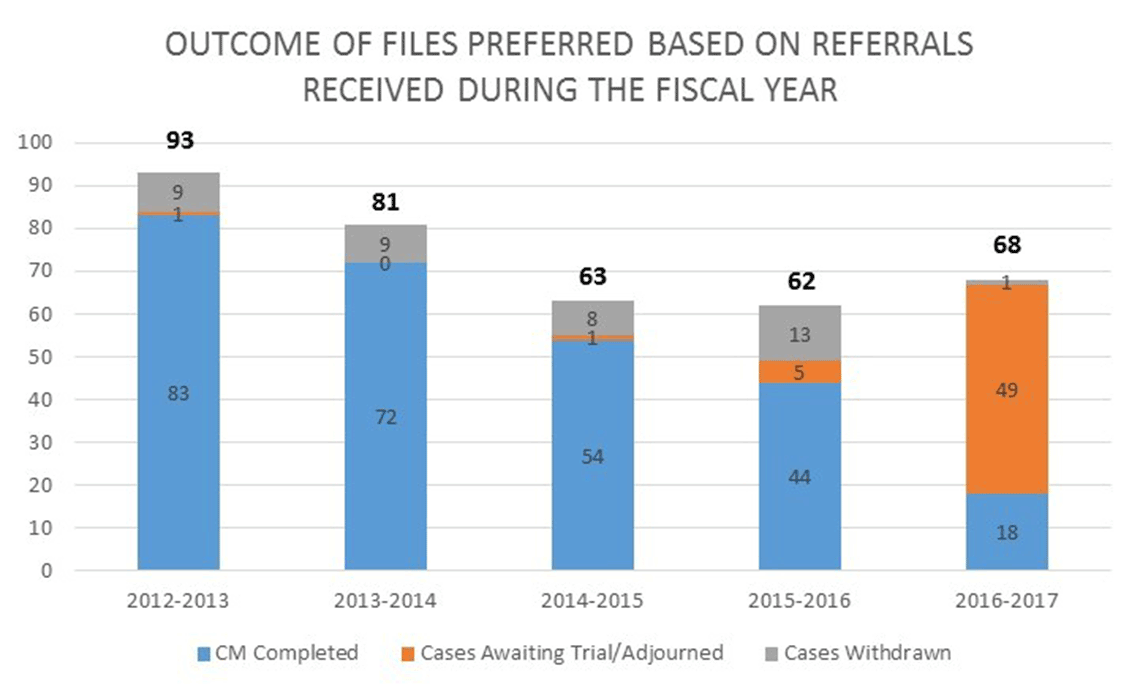
Figure 13 - See table below for graph breakdown.
| 2012/13 | 2013/14 | 2014/15 | 2015/16 | 2016/17 | |
|---|---|---|---|---|---|
| CM Completed | 83 | 72 | 54 | 44 | 18 |
| Case Awaiting Trial/Adjourned | 1 | 0 | 1 | 5 | 49 |
| Cases Withdrawn | 9 | 9 | 8 | 13 | 1 |
| Total | 93 | 81 | 63 | 62 | 68 |

Figure 14 - See table below for graph breakdown.
| 2012/13 | 2013/14 | 2014/15 | 2015/16 | 2016/17 | |
|---|---|---|---|---|---|
| Preferral Rate | 69.34% | 72.57% | 60.00% | 65.96% | 64.57% |
| Non-Preferral Rate | 30.66% | 27.43% | 40.00% | 34.04% | 35.43% |
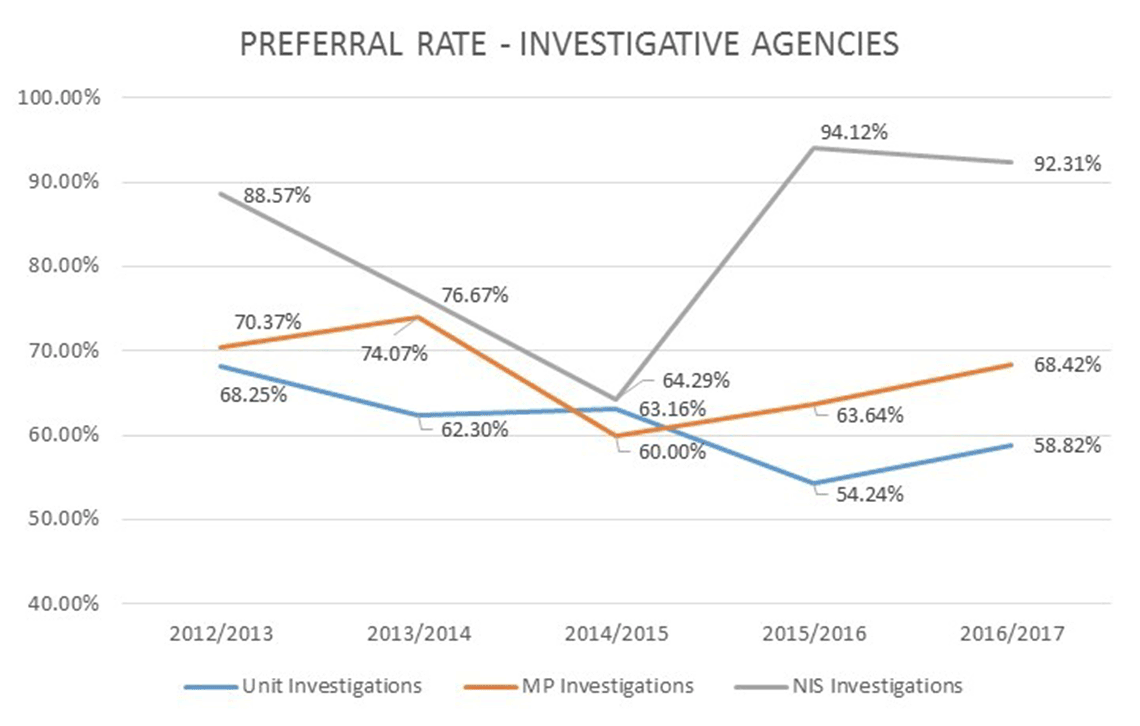
Figure 15 - See table below for graph breakdown.
| 2012/13 | 2013/14 | 2014/15 | 2015/16 | 2016/17 | |
|---|---|---|---|---|---|
| Unit Investigations | 68.25% | 62.30% | 63.16% | 54.24% | 58.82% |
| MP Investigations | 70.37% | 74.07% | 60.00% | 63.64% | 68.42% |
| NIS Investigations | 88.57% | 76.67% | 64.29% | 94.12% | 92.31% |
Note: FY 2016-2017 figures exclude files pending post-charge decision.

Figure 16 - See table below for graph breakdown.
| 2012/13 | 2013/14 | 2014/15 | 2015/16 | 2016/17 | |
|---|---|---|---|---|---|
| Preferred (of total UDIs) | 68.25% | 62.30% | 63.16% | 54.24% | 50.00% |
| Non-Preferred (of total UDIs) | 31.75% | 37.70% | 36.84% | 45.76% | 35.00% |
| Post-Charge Pending (of total UDIs) | 0.00% | 0.00% | 0.00% | 0.00% | 15.00% |
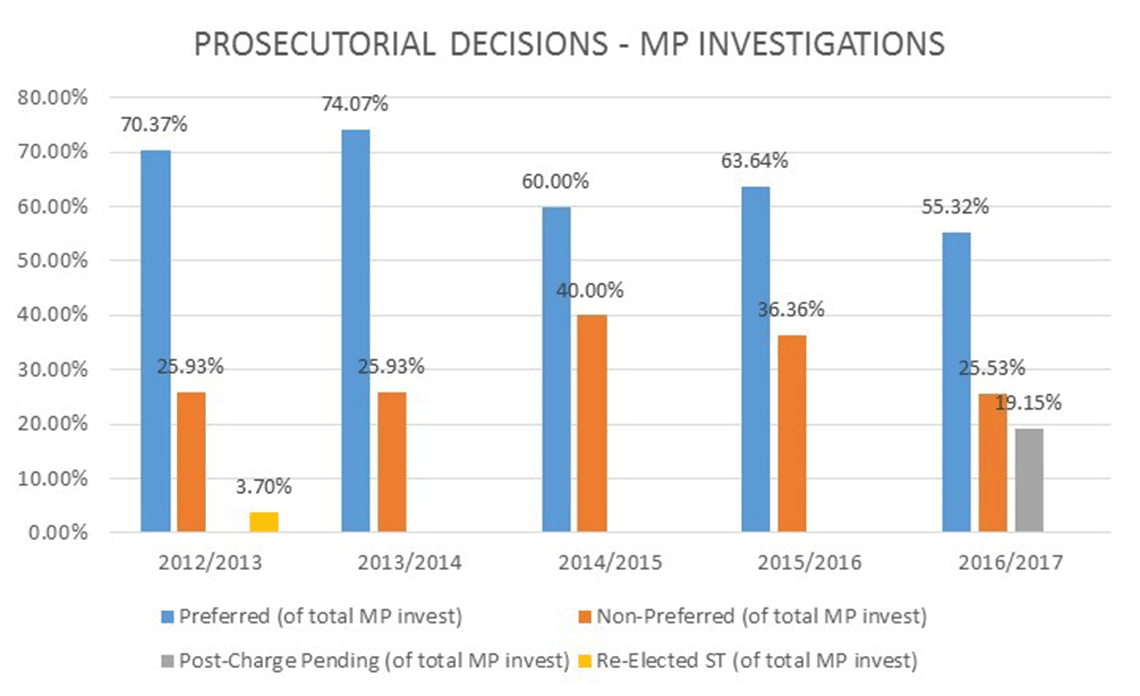
Figure 17 - See table below for graph breakdown.
| 2012/13 | 2013/14 | 2014/15 | 2015/16 | 2016/17 | |
|---|---|---|---|---|---|
| Preferred (of total MP Invest.) | 70.37% | 74.07% | 60.00% | 63.64% | 55.32% |
| Non-Preferred (of total MP Invest.) | 25.93% | 25.93% | 40.00% | 36.36% | 25.53% |
| Post-Charge Pending (of total MP Invest.) | 0.00% | 0.00% | 0.00% | 0.00% | 19.15% |
| Re-Elected ST (of total MP Invest.) | 3.70% | 0.00% | 0.00% | 0.00% | 0.00% |
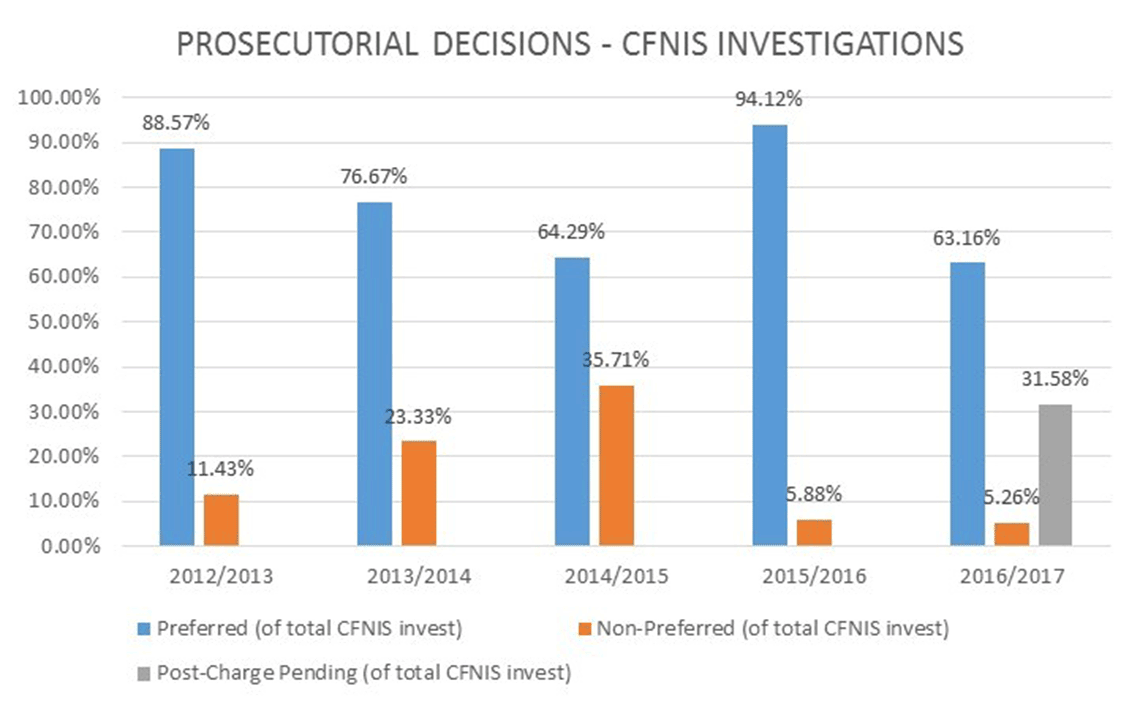
Figure 18 - See table below for graph breakdown.
| 2012/13 | 2013/14 | 2014/15 | 2015/16 | 2016/17 | |
|---|---|---|---|---|---|
| Preferred (of total CFNIS Invest.) | 88.57% | 76.67% | 64.29% | 94.12% | 63.16% |
| Non-Preferred (of total CFNIS Invest.) | 11.43% | 23.33% | 35.71% | 5.88% | 5.26% |
| Post-Charge Pending (of total CFNIS Invest.) | 0.00% | 0.00% | 0.00% | 0.00% | 31.58% |
Cases Carried-Over
Of the 80 files that will be carried-over into FY 2017-2018, 56 had charges already preferred for court martial and an additional 24 were still pending prosecutorial decision as of 31 March 2017.
Here is a snapshot of three cases that could not be completed during the reporting period but nevertheless required significant work from the RMPs assigned to them:
R v Lieutenant(Navy) Clark
During the reporting period a Standing Court Martial found Lieutenant (Navy) Clark guilty of four counts of conduct to the prejudice of good order and discipline contrary to section 129 of the NDA. On several occasions, Lieutenant (Navy) Clark made inappropriate sexual comments and harassed two military members (a Corporal and a Major) and two civilian cleaning staff. Lieutenant (Navy) Clark will be sentenced during the next reporting period.
R v Petty Officer Second Class Wilks
During the reporting period a General Court Martial panel found Petty Officer Second Class Wilks guilty of four counts of breach of trust by public officer contrary to section 122 of the Criminal Code and one count of sexual assault contrary to section 271 of the Criminal Code, offences punishable under section 130 of the NDA. Petty Officer Second Class Wilks completed visual breast inspections and manual breast exams during enrollment medical exams and periodic health assessments contrary to CF policies and procedures. Petty Officer Second Class Wilks will be sentenced during the next reporting period.
R v Master Corporal Edmunds
During the reporting period a General Court Martial panel found Master Corporal Edmunds guilty of four counts of fraud contrary to section 380 of the Criminal Code, an offence punishable under section 130 of the NDA. Master Corporal Edmunds, the senior non-commissioned officer of the brigade pharmacy, set up his own company and created invoices for the delivery of goods to the brigade pharmacy. He falsified the approval signature or neglected to get the appropriate approvals before issuing the payment for the invoices. Master Corporal Edmunds then deposited the cheques from the CAF into his company’s bank account. Master Corporal Edmunds will be sentenced during the next reporting period.
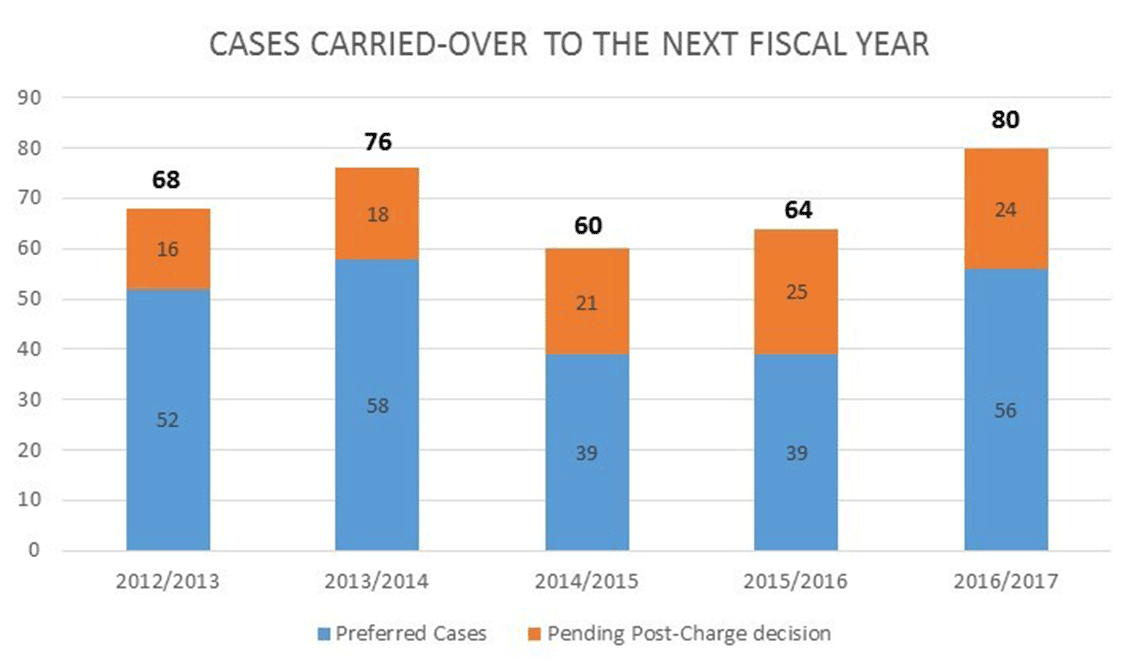
Figure 19 - See table below for graph breakdown.
| 2012/13 | 2013/14 | 2014/15 | 2015/16 | 2016/17 | |
|---|---|---|---|---|---|
| Preferred Cases | 52 | 58 | 39 | 39 | 56 |
| Pending Post-Charge Decision | 16 | 18 | 21 | 25 | 24 |
| Total | 68 | 76 | 60 | 64 | 80 |
Military Justice Proceedings
During the present reporting period, military prosecutors represented the Crown in several different types of judicial proceedings related to the military justice system. These proceedings included reviews of pre-trial custody, courts martial, and appeals from courts martial to the CMAC and SCC.17
Custody Reviews
Military judges are, in certain circumstances, required to review orders made to retain a CAF member in service custody. The DMP represents the CAF at such hearings. During the reporting period, military prosecutors appeared at four pre-trial custody review hearings,18 no 90-day review hearings19 and no Release Pending Appeal revocation hearings.20
Further information on custody reviews is provided at Annex G.
Court Martial Proceedings
During the reporting period, 56 courts martial were completed. The majority of these are Standing Courts Martial presided by a military judge alone. Only four General Courts Martial were held before a panel of five military members acting as trier of facts.
During the reporting period, 56 individuals faced a total of 145 charges before courts martial, all of which were held in Canada.
Courts martial sat for 213 days during the reporting period, for an average of 3.80 days per trial.
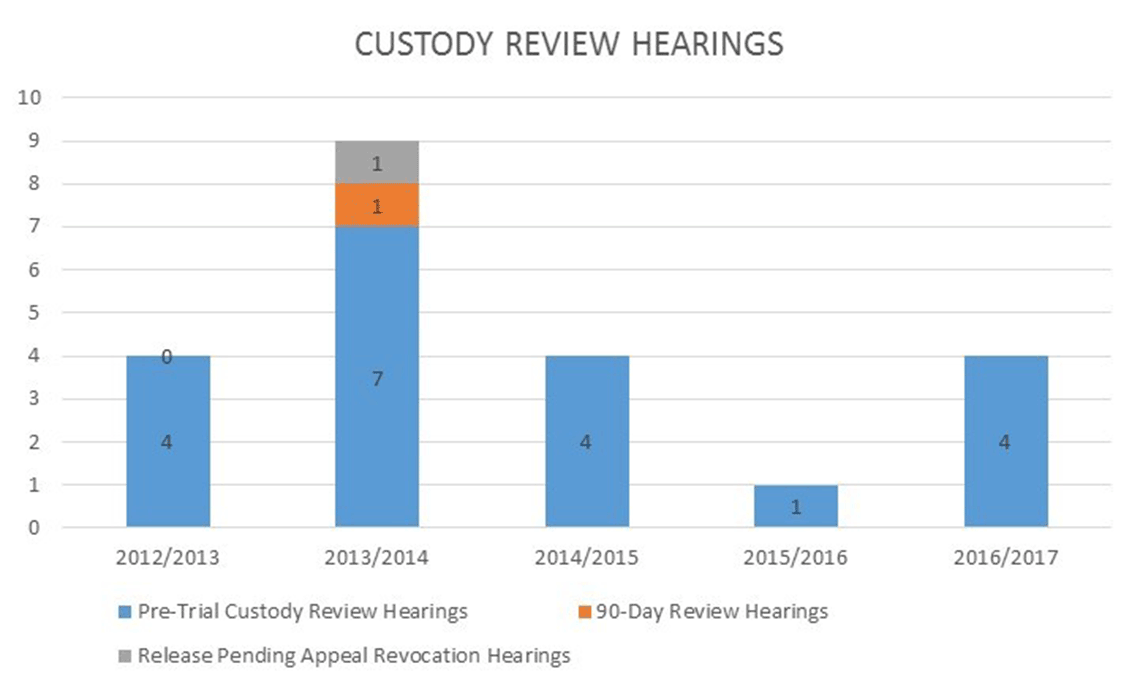
Figure 20 - See table below for graph breakdown.
| 2012/13 | 2013/14 | 2014/15 | 2015/16 | 2016/17 | |
|---|---|---|---|---|---|
| Pre-Trial Custody Review Hearings | 4 | 7 | 4 | 1 | 4 |
| 90-Day Review Hearings | 0 | 1 | 0 | 0 | 0 |
| Release Pending Appeal Revocation Hearings | 0 | 1 | 0 | 0 | 0 |

Figure 21 - See table below for graph breakdown.
| 2012/13 | 2013/14 | 2014/15 | 2015/16 | 2016/17 | |
|---|---|---|---|---|---|
| Standing Court Martial | 60 | 60 | 61 | 40 | 52 |
| General Court Martial | 4 | 7 | 10 | 7 | 4 |
| Total | 64 | 67 | 71 | 47 | 56 |

Figure 22 - See table below for graph breakdown.
| Number | Percentage | |
|---|---|---|
| Guilty of One or More Charges | 45 | 80% |
| Not Guilty All Charges | 9 | 16% |
| Other (Stayed or Non-Prima Facie) | 2 | 4% |
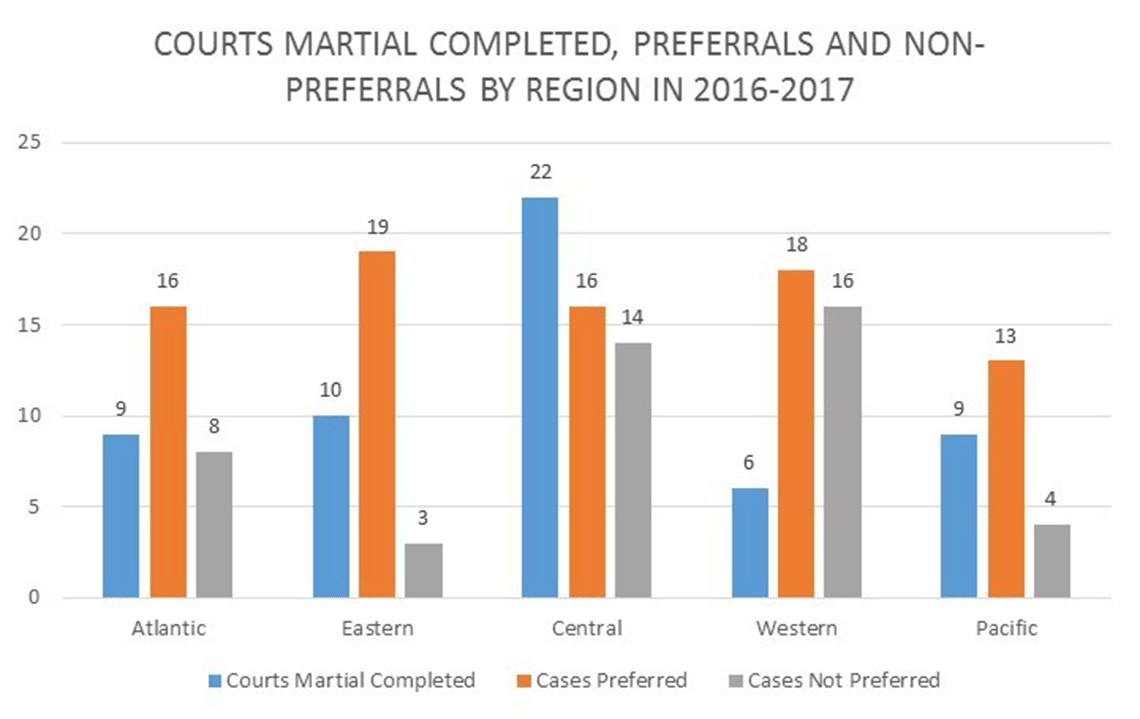
Figure 23 - See table below for graph breakdown.
| Atlantic | Eastern | Central | Western | Pacific | |
|---|---|---|---|---|---|
| Courts Martial Completed | 9 | 10 | 22 | 6 | 9 |
| Cases Preferred | 16 | 19 | 16 | 18 | 13 |
| Cases Not Preferred | 8 | 3 | 14 | 16 | 4 |

Figure 24 - See table below for graph breakdown.
| 2012/13 | 2013/14 | 2014/15 | 2015/16 | 2016/17 | |
|---|---|---|---|---|---|
| Court Martial Sitting Days | 251 | 222 | 204 | 180 | 213 |
Figure 25 displays the correlation between judicial availability, referrals carried-over and courts martial completed in any given fiscal year. Judicial availability was determined based on the number of judicial positions that were filled at that time. For ease of graphic representation, the average number of sitting military judges in a given fiscal year has been multiplied by a factor of 10. For example, 4 military judges during the entire year shows as “40” whereas a situation where 1 of the 4 military judge position was vacant for a quarter of the year shows as “37.50”.
For the 56 courts martial that were completed during the reporting period, the average number of calendar days from the date of the record of disciplinary proceedings (RDP) to completion of the court martial was 434 days, for an increase of over 20% based on the average for the last three years (361 days).
The time required to prefer charges increased from 69 days in 2015-2016 to 89 days in 2016-2017. This might be due in part to the fact that faster prosecutorial decisions did not automatically translate into trials being scheduled and convened sooner as an additional 250 days were required before commencement of courts martial on average during the reporting period. The fact that the military justice system could not count on a full complement of four military judges again in FY 2016-2017 and that there has been an increase in both the number of files handled by CMPS (including the number of referrals) and the number of cases carried-over might further explain the increasing delays. The requirement for additional investigations in some instances also contributed to increasing the delays from referral received to preferral of charges.
Moreover, CMPS welcomed 5 new captains just prior to or during the reporting period. Given their lack of experience, they take more time to adequately review files of equal complexity than a more experienced prosecutor would take. They are initially assigned files of lesser complexity, generally requiring less time. They require supervision and assistance from more senior prosecutors, which takes away from the time the latter can devote to their files. The more senior prosecutors end up with a greater proportion of the more complex cases requiring more time, with less time to devote to them than if there was a greater number of senior prosecutors on the team. However, this was a conscious investment in the future on DMP’s part. These new prosecutors are extremely talented and promising. We expect that with the benefit of additional experience, those prosecutors will quickly become more efficient at reviewing files, capable of handling more complex cases, require less assistance, thus freeing more senior prosecutors to complete these files. Globally, this should result in a reduction of post-charge review timelines in 2017-2018.
Another potential explanation for the increase in the time required to make prosecutorial decisions might result indirectly from the considerable number of days spent on training activities in 2016-2017. As will be reported later in this report, the DMP decided to provide all military prosecutors with more training opportunities with a view of improving the overall performance and competence in military prosecutions, particularly regarding offences of a sexual nature.
We further predict that with the development of better performance measurement tools within CMPS and the appointment of a new military judge in March 2017 who will begin hearing cases later in the year, delays should be on a downward trend for 2017-2018.
As of note, the performance of the referral process slightly improved with an average of 69 days from RDP to the referral being received by the DMP.
During the reporting period, the SCC issued an important decision in the case of R v Jordan regarding delays in the Canadian justice system which imposed ceilings of 18 and 30 months respectively for proceedings before provincial and superior courts (or before provincial courts after a preliminary inquiry). As a result of the Jordan decision, the court martial in the case of R v Leading Seaman Thiele ruled that a court martial should be completed within 18 months of the laying of the RDP within the military justice system.
R v Jordan, 2016 SCC 27
The SCC decision in R v Jordan developed a new framework to be applied in cases where unreasonable delay is alleged by the accused. “At the centre of this new framework is a presumptive ceiling on the time it should take to bring an accused person to trial: 18 months for cases going to trial in the provincial court, and 30 months for cases going to trial in the superior court” (para 5). This new framework presumes that if the delay, defined as the time between charges and anticipated trial completion, is longer than this timeframe that “the delay is unreasonable and a stay will follow” (para 47).
R v Leading Seaman Thiele, 2016 CM 4015
Prior to entering a guilty plea to three charges of trafficking in a substance contrary to section 5(1) of the Controlled Drugs and Substances Act, an offence punishable under section 130 of the NDA, Leading Seaman Thiele made a preliminary application alleging that his section 11(b) Charter right to be tried within a reasonable timeframe had been infringed. This application was the first time a Military Judge presiding at a Court Martial had been presented with a section 11(b) Charter application after the SCC decision in R v Jordan, 2016 SCC 27 and the first time a Military Judge rendered a decision about the application of the Jordan decision to the military justice system.
The Military Judge found that the “main focus of Jordan is the individual right of accused persons to a trial within a reasonable time under section 11(b) of the Charter” (para. 6) and that this decision and framework should apply to the military justice system (para. 9). Furthermore, the Military Judge found that the “ceiling of 18 months is entirely appropriate for the military justice system” (para. 21).
Table 2: Cases Over 18 Months as of 31 March 2017
| Case | Date – Over 18 Months from RDP Date |
|---|---|
| Cpl Alamri |
12 July 2014 |
| MCpl Edmunds |
08 January 2016 |
| Cdr Hopkie |
22 October 2016 |
| PO2 Wilks |
12 March 2017 |

Figure 25 - See table below for graph breakdown.
| 2012/13 | 2013/14 | 2014/15 | 2015/16 | 2016/17 | |
|---|---|---|---|---|---|
| Judicial Availability | 40.00 | 32.00 | 37.50 | 30.00 | 30.00 |
| Files Carried-Over (To Next FY) | 68 | 76 | 60 | 64 | 80 |
| Courts Martial Completed (During the FY) | 64 | 67 | 71 | 47 | 56 |
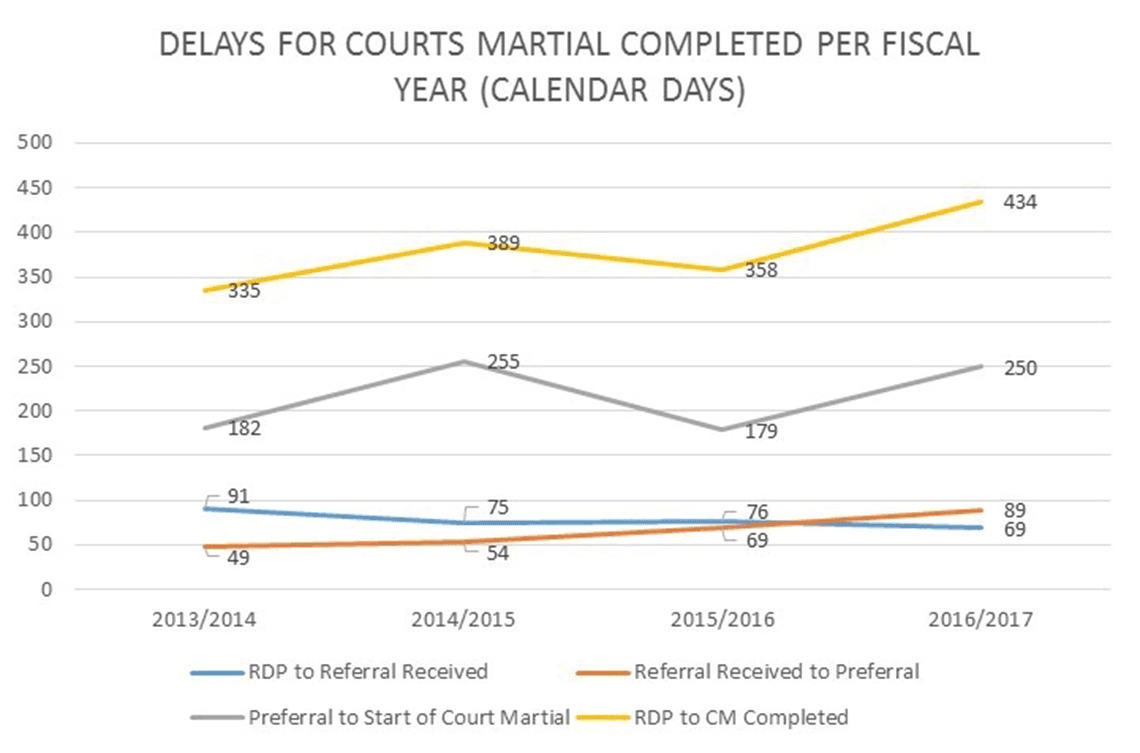
Figure 26 - See table below for graph breakdown.
| 2013/14 | 2014/15 | 2015/16 | 2016/17 | |
|---|---|---|---|---|
| RDP to Referral Received | 91 | 75 | 76 | 69 |
| Referral Received to Preferral | 49 | 54 | 69 | 89 |
| Preferral to Start of Court Martial | 182 | 255 | 179 | 250 |
| RDP to CM Completed | 335 | 389 | 358 | 434 |
In Focus : Special Interest Offences Categories
CMPS counsel prosecute offences contrary to the NDA, including offences under section 130 of the NDA, which import charges from other federal statutes such as the Criminal Code and the Controlled Drugs and Substances Act.21
A selection of courts martial in the following four broad areas is highlighted below:
- Sexual Misconduct Offences and Other Offences against the Person;
- Drug Offences;
- Fraud and Other Offences Against Property; and
- Offences Relating to Conduct (consisting mostly of service offences such as conduct to the prejudice of good order and discipline generally, disobedience of lawful command, absence without leave, desertion, etc.).
The cases discussed below are a sampling of those dealt with by courts martial during the reporting period. These cases give a sense of the offenders and offences that were prosecuted, as well as the sentences that were pronounced.
Sexual Misconduct Offences and Other Offences against the Person
R v Master Warrant Officer Chapman, 2016 CM 4019
Master Warrant Officer Chapman was a member of the Regular Force serving with the All-Source Intelligence Centre in Afghanistan. While on decompression phase in Cyprus, he asked a female Corporal to allow him to sleep in the spare bed in her room, saying that his roommate was with a woman in his own room. Once in bed, he asked the Corporal if she wanted to cuddle and she declined. He went over to her bed and repeatedly attempted to kiss her and grab her breasts. The Corporal demanded that he leave and pushed him towards the door, but he resisted. He finally left once she threatened to call the police. Master Warrant Officer Chapman pled guilty to behaving in a disgraceful manner, contrary to section 93 of the NDA. He was sentenced to reduction in rank to Warrant Officer and a fine of $2500.
R v Corporal Beaudry, 2016 CM 4011
Corporal Beaudry was a member of the Regular Force posted to Wainwright, Alberta. In September 2014, he met with the complainant and two others at a local bar. He made sexual comments to the complainant, who told him that she was not interested in sexual relations. After the bar closed, the group proceeded to Corporal Beaudry’s house. He invited the complainant upstairs to his bedroom but she refused, saying again she did not want to have sex with him. He told her it was just to talk, so she accompanied him upstairs. He went to the washroom and returned wearing just a towel. He grabbed her by the neck and pushed her onto the bed, threatening her not to make noise, and assaulted her multiple times. Corporal Beaudry was found guilty of sexual assault causing bodily harm contrary to section 272 of the Criminal Code, an offence punishable under section 130 of the NDA. The military judge ordered the taking of bodily substances for DNA analysis on the basis of section 487.04 of the Criminal Code along with registration of Corporal Beaudry as per the Sex Offender Information Registration Act (SOIRA) pursuant to section 490.011(1)(a) of the Criminal Code. Corporal Beaudry was further sentenced to 42 months imprisonment and dismissal from the CAF.

Figure 27 - See table below for graph breakdown.
| Sexual Misconduct Offences and Other Offences against the Person | Drug Offences | Fraud and Other Offences Against Property | Conduct Offences | |
|---|---|---|---|---|
| Preferrals | 33 | 8 | 11 | 31 |
| Non-Preferrals | 3 | 19 | 7 | 16 |
| Courts Martial Completed | 21 | 7 | 8 | 21 |
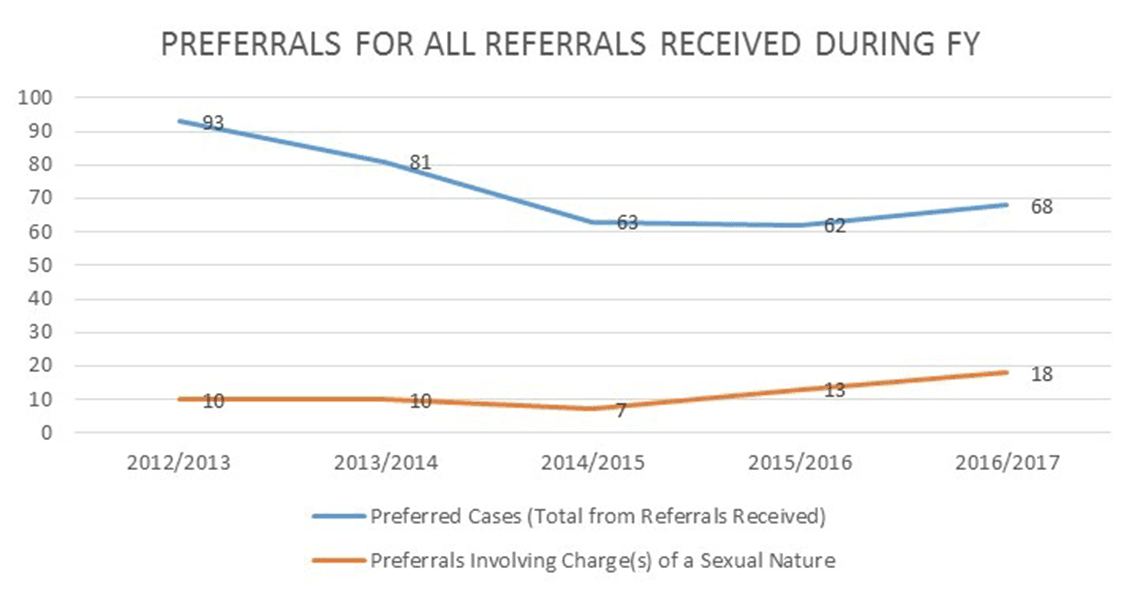
Figure 28 - See table below for graph breakdown.
| 2012/13 | 2013/14 | 2014/15 | 2015/16 | 2016/17 | |
|---|---|---|---|---|---|
| Preferred Cases (Total from Referrals Received) | 93 | 81 | 63 | 62 | 68 |
| Preferralas Involving Charge(s) of a Sexual Nature | 10 | 10 | 7 | 13 | 18 |
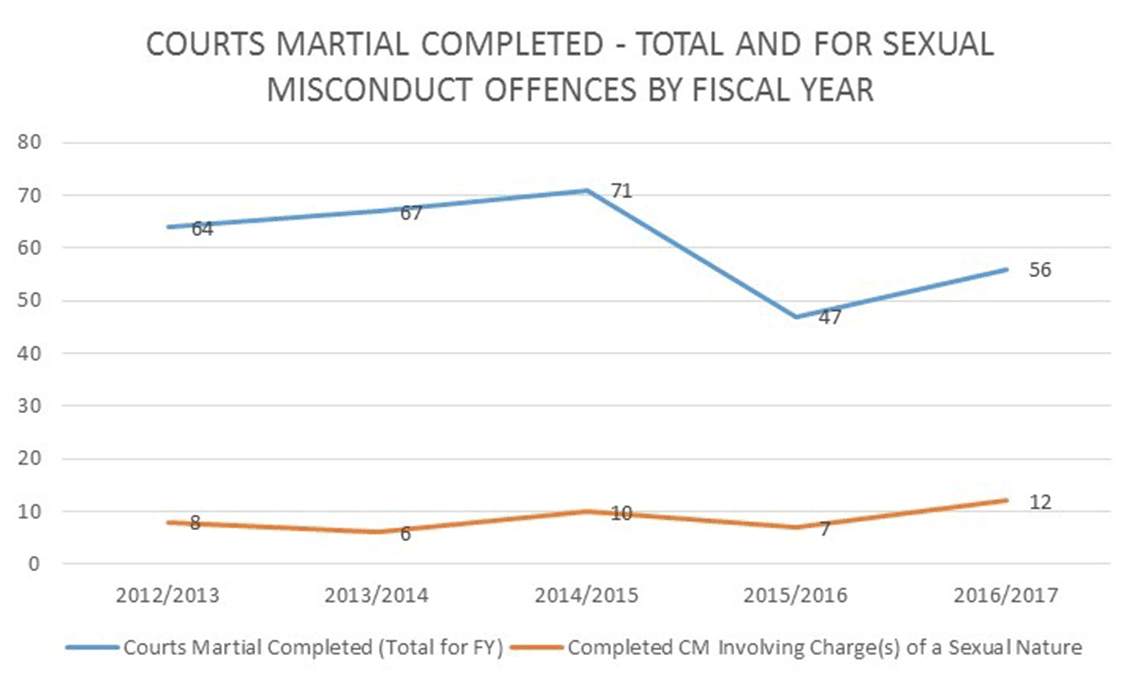
Figure 29 - See table below for graph breakdown.
| 2012/13 | 2013/14 | 2014/15 | 2015/16 | 2016/17 | |
|---|---|---|---|---|---|
| Courts Martial Completed (Total for FY) | 64 | 67 | 71 | 47 | 56 |
| Completed CM Involving Charge(s) of a Sexual Nature | 8 | 6 | 10 | 7 | 12 |

Figure 30 - See table below for graph breakdown.
| 2012/13 | 2013/14 | 2014/15 | 2015/16 | 2016/17 | |
|---|---|---|---|---|---|
| Referrals involving charge(s) of a sexual nature | 14 | 12 | 11 | 12 | 20 |
| Preferrals involving charge(s) of a sexual nature | 10 | 10 | 7 | 13 | 18 |
| Completed CM involving charge(s) of a sexual nature | 8 | 6 | 10 | 7 | 12 |
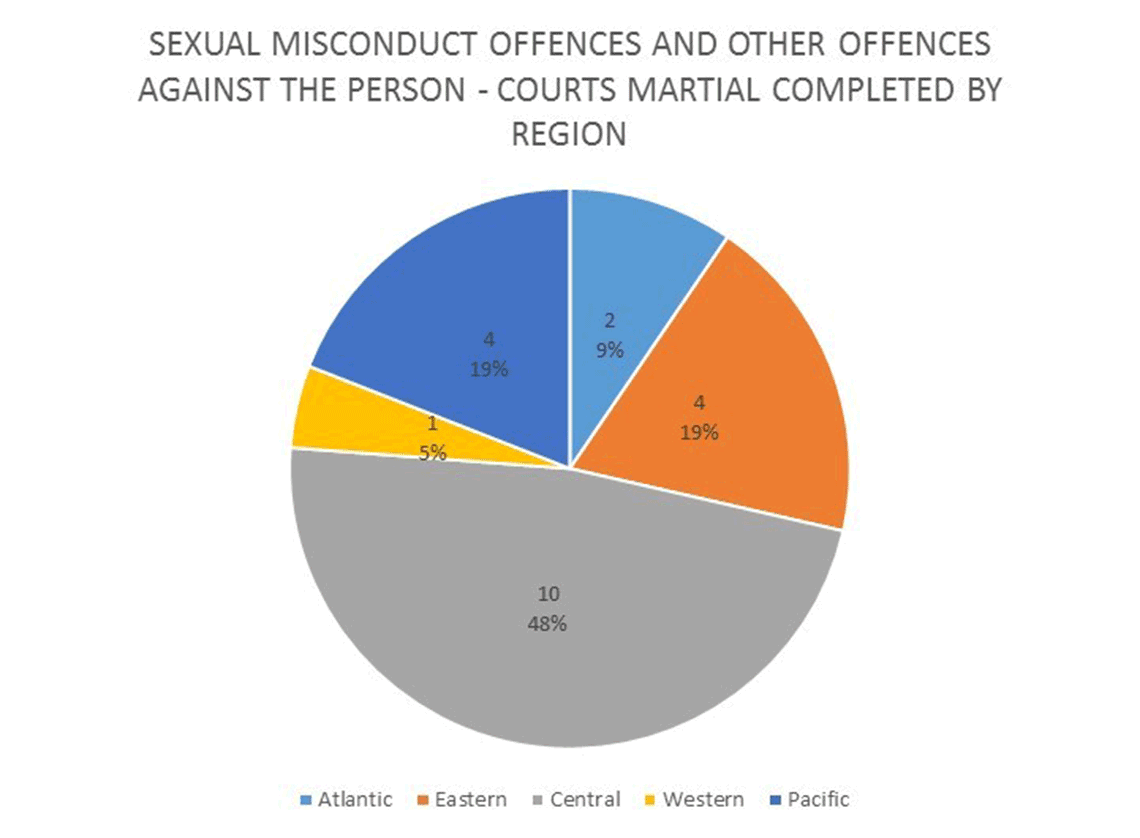
Figure 31 - See table below for graph breakdown.
| Number | Percentage | |
|---|---|---|
| Atlantic | 2 | 9% |
| Eastern | 4 | 19% |
| Central | 10 | 48% |
| Western | 1 | 5% |
| Pacific | 4 | 19% |
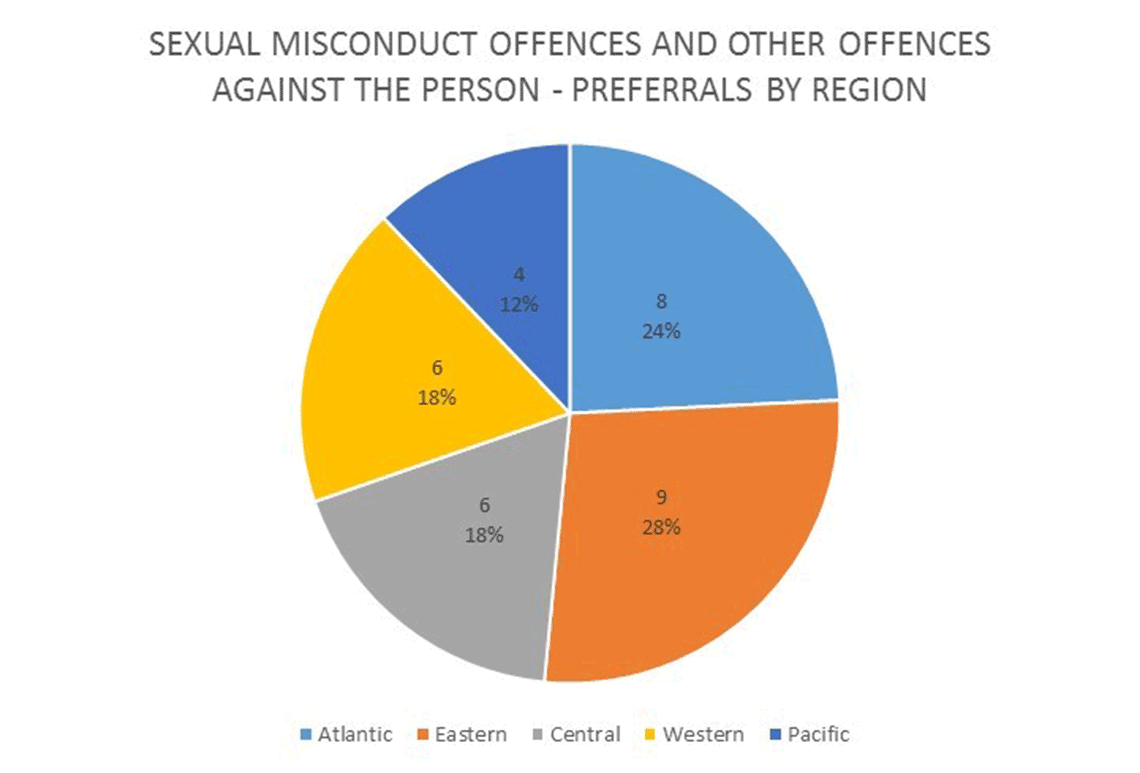
Figure 32 - See table below for graph breakdown.
| Number | Percentage | |
|---|---|---|
| Atlantic | 8 | 24% |
| Eastern | 5 | 28% |
| Central | 6 | 18% |
| Western | 6 | 18% |
| Pacific | 4 | 12% |
Drug Offences
Like all Canadians, persons subject to the CSD are liable to prosecution for drug-related offences as provided in the Controlled Drugs and Substances Act. Unlike the civilian population, however, persons subject to the CSD are also liable to prosecution for drug use.22
R v Private Curran, 2016 CM 4013
Private Curran was a member of the Regular Force serving as an infantry soldier at CFB Gagetown. He was pulled over by the Military Police for a traffic violation on base. While speaking to Private Curran, the police noticed a bag containing what was later confirmed to be 82 grams of marihuana on the vehicle floor. The police later discovered eight additional small bags of methamphetamine. Private Curran was found guilty on two counts of drug possession. On joint submission, the SCM sentenced the offender to 20 days imprisonment and a $1000 fine.
R v Leading Seaman Thiele, 2016 CM 4016
Leading Seaman Thiele was a member of the Regular Force posted to Canadian Forces Fleet School Esquimalt. He was contacted by an acquaintance, with whom he had previously used drugs, and asked to acquire drugs for her. The acquaintance later contacted the Canadian Forces National Drug Enforcement Team and entered into an agreement as a police agent for the purpose of investigating Leading Seaman Thiele. An undercover agent worked with the acquaintance to coordinate three separate purchases of cocaine and heroin. Leading Seaman Thiele pled guilty to three counts of drug trafficking and was sentenced to 15 months imprisonment (minus time spent in pre-trial custody), a DNA order, and a weapons prohibition for 10 years.
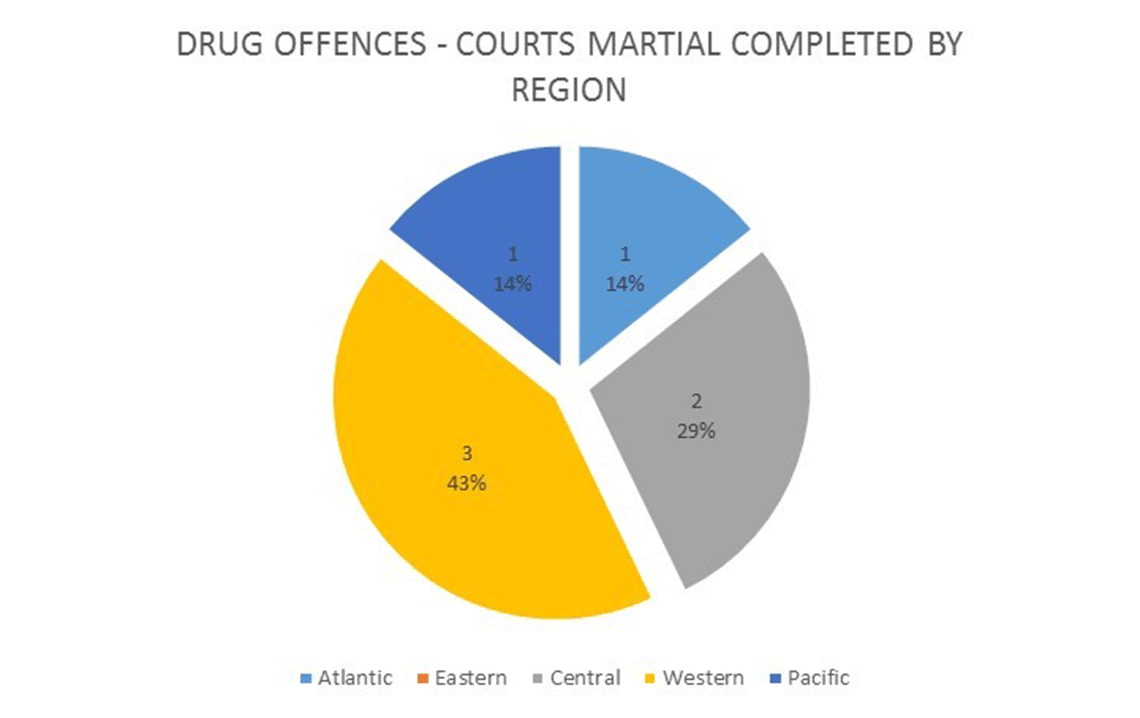
Figure 33 - See table below for graph breakdown.
| Number | Percentage | |
|---|---|---|
| Atlantic | 1 | 14% |
| Eastern | 0 | 0% |
| Central | 2 | 29% |
| Western | 3 | 43% |
| Pacific | 1 | 14% |

Figure 34 - See table below for graph breakdown.
| Number | Percentage | |
|---|---|---|
| Atlantic | 1 | 12% |
| Eastern | 0 | 0% |
| Central | 1 | 12% |
| Western | 4 | 50% |
| Pacific | 2 | 25% |
Fraud and Other Offences against Property
R v Leading Seaman Korolyk, 2016 CM 1002
Leading Seaman Korolyk was charged with one count under section 129(2) of the NDA for neglect to the prejudice of good order and discipline and one count under section 117(f) of the NDA for an act of fraudulent nature. These charges related to her receiving a full post living differential (allowance designed to reduce the financial impact when military members and families are posted to an area with a high cost of living) when she was not entitled. Leading Seaman Korolyk challenged the constitutionality of subsection 129(2) of the NDA, a provision that makes a contravention of any act, regulation, order, or instruction an act, conduct, disorder, or neglect to the prejudice of good order and discipline, because it creates a non-rebuttable presumption that contravenes section 7 and 11(d) of the Charter – the right to life, liberty, and security of person and the right to be presumed innocent. The Military Judge found that “once the breach of an order and its surrounding circumstances is proven, it is simply not credible, in the absence of evidence, to pretend that evidence of actual prejudice resulting from the breach of the order could not be available” (para 25) and declared section 129(2) of the NDA to be void.
R v Master Corporal Downer, 2016 CM 4006
Master Corporal Downer was a member of the Regular Force serving as Military Police in Ottawa. He requested a $600 advance in Leave Travel Assistance to visit his family in Newfoundland. When asked to finalize his claim, he submitted a statutory declaration stating that he had lost his stamped leave pass along with all his travel receipts. At trial, it was demonstrated that he had not traveled to Newfoundland and the declaration was untrue. He was found guilty of two counts of wilfully making a false entry, contrary to section 125(a) of the NDA, and one count of committing an act of a fraudulent nature, contrary to section 117(f) of the NDA. Master Corporal Downer was sentenced by SCM to a severe reprimand and a $1500 fine.
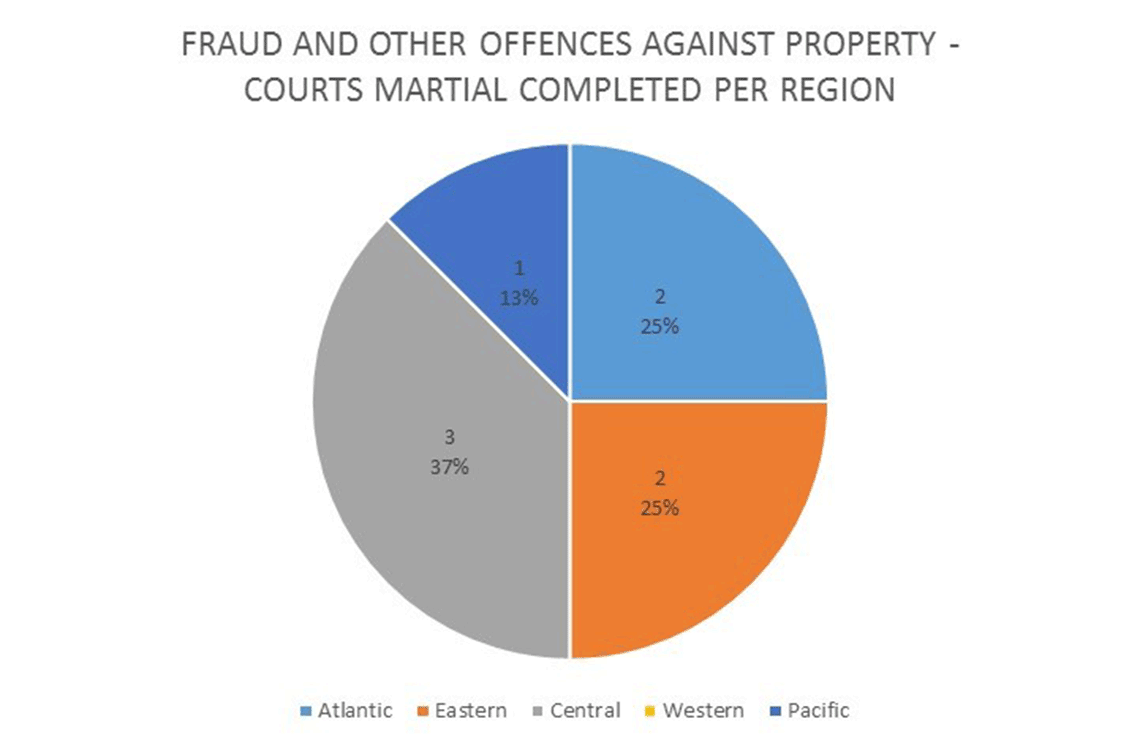
Figure 35 - See table below for graph breakdown.
| Number | Percentage | |
|---|---|---|
| Atlantic | 2 | 25% |
| Eastern | 2 | 25% |
| Central | 3 | 37% |
| Western | 0 | 0% |
| Pacific | 1 | 13% |
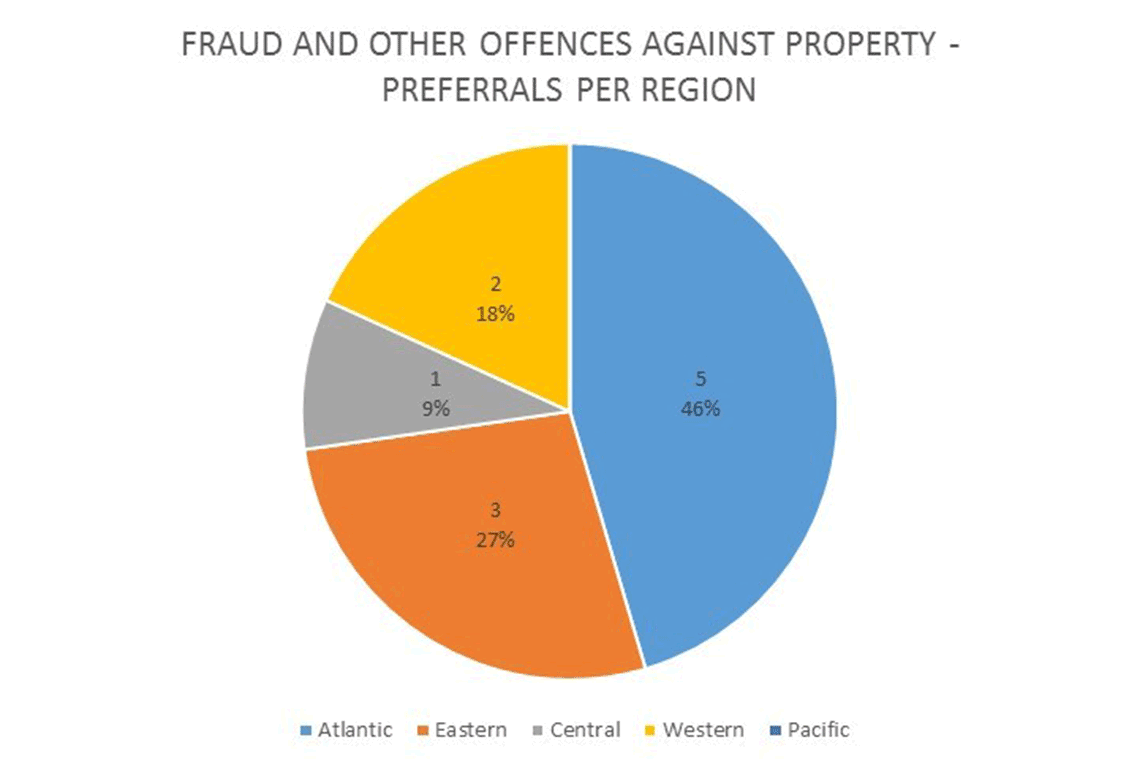
Figure 36 - See table below for graph breakdown.
| Number | Percentage | |
|---|---|---|
| Atlantic | 5 | 46% |
| Eastern | 3 | 27% |
| Central | 1 | 9% |
| Western | 2 | 18% |
| Pacific | 0 | 0% |
Offences Relating to Conduct
R v Master Warrant Officer Fancy, 2016 CM 1010
At the time of the offence, Master Warrant Officer Fancy was serving in the Reserve Force as the Squadron Sergeant Major of the Halifax Rifles. A year prior to the offence, Master Warrant Officer Fancy was questioned regarding the medals he wore to a unit dinner, which included the Somalia medal, South West Asia medal, and Operational Jump Wings. Master Warrant Officer Fancy’s unit spoke with him about the wearing of these medals as they were unable to locate any record of him earning or receiving these medals. At the next unit function, Master Warrant Officer Fancy did not wear the medals. The following year he decided to wear the unauthorized medals while participating in a Remembrance Day parade with other unit members in downtown Halifax. Master Warrant Officer Fancy pled guilty to three counts of conduct to the prejudice of good order and discipline, contrary to section 129 of the NDA. He was sentenced to a reduction in rank to Warrant Officer and a fine of $300.
R v Master Corporal Morton, 2017 CM 4003
Master Corporal Morton was a member of the Regular Force serving as an Armoured Crewman at CFB Gagetown. He was employed as a crew commander and driving instructor for the Coyote Armoured Vehicle crewman course. On the first day of practical instruction, he was acting as crew commander while a Private trainee was driving. When they discovered a large tree blocking the route, Master Corporal Morton instructed the Private to drive through the tree. The impact severed the vehicle’s wire cutter and caused the tree to impact the Private’s head, causing significant injuries to the face. Master Corporal Morton pled guilty to negligent performance of a military duty, contrary to section 124 of the NDA, and conduct to the prejudice of good order and discipline, contrary to section 129 of the NDA. He was sentenced to 90 days detention (suspended) and reduction in rank to Private.
R v Corporal Cadieux, 2016 CM 4008
Corporal Cadieux was convicted by a General Court Martial panel of negligently omitting to do something in relation to a thing that may be dangerous to life, which omission caused bodily injury contrary to section 127 of the NDA – revealing that “Cpl Cadieux … negligently fired his C-8 rifle, resulting in bodily injury to Corporal Trevor Vautour” (para 1) during a live fire night exercise at CFB Petawawa. During the exercise Corporal Cadieux shot two rounds from his C-8 rifle towards a manned firebase. Counsel for the defence and prosecution submitted a joint submission for 21 days detention and the Military Judge sentenced Corporal Cadieux to 21 days detention.
R v Corporal Cadieux, 2016 CM 4012
This case represents the first time a Military Judge has used his discretion to authorize a view.
At the commencement of this trial the prosecution “applied to the Military Judge for an order authorizing a view and a demonstration at the view, in accordance with section 190 of the NDA” (para 1), in order to provide “the court with a baseline experience of the operation and capabilities of night vision goggles which will offer appropriate context for the understanding and weighing of other evidence” (para 2). The Military Judge found that the factors to be considered in deciding the application included whether other available evidence would offer a suitable alternative, if there is value to be gained in the appreciation of the evidence, fairness to all parties, and the practical inconvenience. The Military Judge found that this case justified a view and demonstration at the view since there was “no evidence that could be introduced that would offer a suitable alternative to the demonstration being proposed” (para 11) and “the inconvenience and expense involved in holding the view and demonstration at the view … are minimal” (para 12).
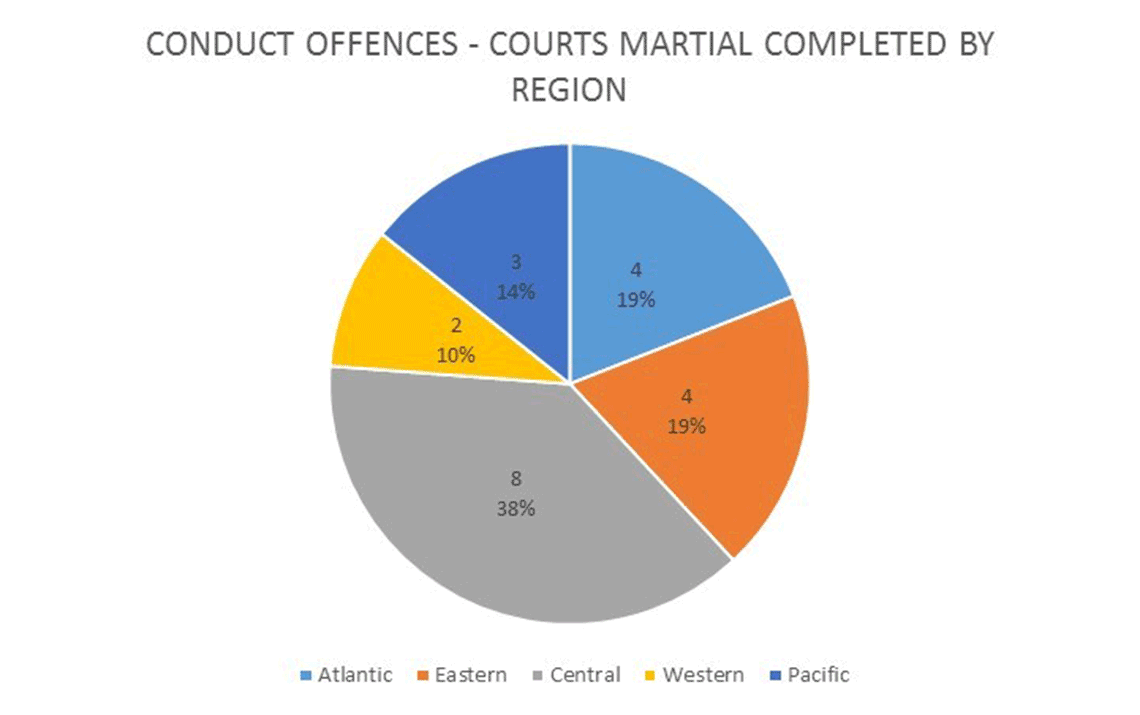
Figure 37 - See table below for graph breakdown.
| Number | Percentage | |
|---|---|---|
| Atlantic | 4 | 19% |
| Eastern | 4 | 19% |
| Central | 8 | 38% |
| Western | 2 | 10% |
| Pacific | 3 | 14% |

Figure 38 - See table below for graph breakdown.
| Number | Percentage | |
|---|---|---|
| Atlantic | 2 | 6% |
| Eastern | 7 | 22% |
| Central | 8 | 26% |
| Western | 7 | 23% |
| Pacific | 7 | 23% |
Appeals
Appeals to the Court Martial Appeal Court
During the reporting period, the CMAC rendered a decision on one appeal and two decisions regarding release pending appeal applications. For appeals launched by the accused, DDCS provides legal representation, at no cost to CAF members, when authorized to do so by the Appeal Committee. Authorization is not required when the accused is the respondent.23 During the reporting period, four new applications to appeal were filed with the CMAC. Two appeals were initiated by DDCS counsel on behalf of CAF members convicted and sentenced by court martial and two were filed by Her Majesty the Queen. Twelve ongoing appeals were in the process of being dealt with at the end of the reporting period.
Constitutionality of paragraph 130(1)(a) of the National Defence Act
Following the unanimous SCC decision in Second Lieutenant Moriarity v R, 2015 SCC 55, that found there is no requirement for a military nexus in order for section 130(1)(a) of the NDA – offences punishable by ordinary law committed in Canada – to be consistent with the Charter, numerous appellants have raised a new ground of appeal before the CMAC alleging that subsection 130(1)(a) of the NDA violates subsection 11(f) of the Charter – the right to a jury trial.
During the reporting period the CMAC panel in R v Master Corporal Royes rendered its decision on the constitutionality of section 130(1)(a) of the NDA vis-à-vis section 11(f) of the Charter. A second panel heard arguments on this issue on 26 April 2016 in the cases of Petty Officer Second Class Blackman, Warrant Officer Gagnon, Corporal Thibault, Private Déry, Second Lieutenant Soudri, Lieutenant (Navy) Klein, Corporal Nadeau-Dion, Corporal Pfahl, Petty Officer Second Class Wilks, Master Corporal Stillman and Major Wellwood (in this case the CMAC is also considering an issue related to alleged errors in the instructions to the panel). On 23 February 2017, a third panel in the case of Corporal Beaudry adjourned the hearing until the second panel issues their decision.
R v Master Corporal Royes, 2016 CMAC 1
Master Corporal Royes was “tried and convicted of sexual assault by a Standing Court Martial (2013 CM 4033). He was sentenced to a term of imprisonment of 36 months (2013 CM 4034)” (para 3). Master Corporal Royes appealed the legality of the guilty verdict and the constitutionality of paragraph 130(1)(a) of the NDA to the CMAC. In R v Royes, 2014 CMAC 10 the CMAC “dismissed all grounds of appeal with respect to the legality of the verdict, leaving open the constitutional question” (para 4).
Master Corporal Royes argued that the SCC decision in Moriarity was limited to section 7 of the Charter – the right to liberty – and did not apply to a section 11(f) analysis. The CMAC disagreed with Master Corporal Royes’ view that sections 7 and 11(f) of the Charter could be considered as two separate concepts: finding that “it [was] not open to [the] Court … having been overturned in [it’s] analysis by the SCC, to reject the guidance when faced with substantially the same question in relation to a different section of the Charter” (para 29).
Furthermore the CMAC found that if “the accused is charged under a validly enacted offence and is, properly interpreted, an offence under military law, then it does not violate section 11(f) to deny the accused a trial by jury” (para 50). The CMAC concluded that “service offences are offences under military law” (para 59) and “the SCC’s decision in Moriarity dictates finding that paragraph 130(1)(a) of the NDA, interpreted without a military nexus requirement, does not violate section 11(f) of the Charter” (para 60).
The CMAC dismissed Master Corporal Royes’ remaining ground of appeal and upheld his conviction for sexual assault contrary to section 271 of the Criminal Code, an offence punishable under section 130 of the NDA, and sentence of 36 months imprisonment.
Application for leave to appeal
Following the release of the CMAC decision Master Corporal Royes applied for leave to appeal the decision to the SCC. The SCC dismissed MCpl Royes’ application without providing reasons.
R v Master Corporal Royes, 2016 CMAC 3
In dismissing Master Corporal Royes’ motion for release pending his application for leave to appeal and if necessary appeal to the SCC the CMAC found that the Military Judge’s “ability to order judicial interim release … only extends to the determination of the appeal before this Court” (the CMAC) (para 15) as does the CMAC’s jurisdiction to release an accused pending appeal pursuant to s 248.2 of the NDA.
However, the CMAC did find that the Supreme Court Act section 65.1 – stay of execution – provided the CMAC with “jurisdiction to grant a stay of the imposition of the sentence of Master Corporal Royes pending the final determination of his leave application, or, in the event leave is granted, the determination of his appeal before the Supreme Court” (para 22). Master Corporal Royes was able to prove to the CMAC that his appeal involved a serious issue and that he could suffer irreparable harm if the release was not granted and he was successful in his appeal to the SCC. However, the CMAC found that the balance of convenience favoured the Crown. Thus the court dismissed Master Corporal Royes’ motion for release and ordered Master Corporal Royes to begin serving his sentence, including his term of imprisonment and all ancillary orders, immediately (para 28).
R v Corporal Beaudry, 2016 CMAC 2
Following his court martial, Corporal Beaudry filed a motion with the CMAC seeking his release from imprisonment pending his appeal to the CMAC. The CMAC found that Corporal Beaudry did not establish he would surrender himself into custody when directed or that his imprisonment was not necessary in the interests of the public or the CAF. The CMAC dismissed Corporal Beaudry’s motion.
R v Corporal Golzari, 2016 CM 1008
In October 2014 Canadian Forces Base Kingston was on high alert following the murder of two CAF members in Ottawa and St-Jean. While on high alert the Base Auxiliary Security Force was controlling access to the base at the base gates. Corporal Golzari approached a gate and refused to provide his destination to the corporal at the gate. The corporal at the gate contacted the Military Police who attended the base gate. When the Military Police arrived, Corporal Golzari continued to refuse to provide his destination and also refused to move his car to the side of the road. Corporal Golzari was arrested and taken to the Military Police detachment where he was held in custody until a duty officer from his home unit arrived. Corporal Golzari was uncooperative with the duty officer at first but did eventually provide his destination details. Corporal Golzari was released and escorted back by the duty officer.
Corporal Golzari was charged with behaving with contempt toward a superior officer (the duty officer from his home unit) contrary to section 85 of the NDA, obstructing a peace officer in the execution of his duty contrary to section 129(a) of the Criminal Code, an offence punishable under section 130 of the NDA, and conduct to the prejudice of good order and discipline, contrary to section 129 of the NDA.
Following the case for the prosecution, the Military Judge raised on his own motion “whether a prima facie case ha[d] been made out against Corporal Golzari on the charges” (para 1). In finding “that a prima facie case ha[d] not been made out in respect of all charges” (para 19), the Military Judge agreed with the prosecution that the prima facie threshold was not met for the charge of behaving with contempt; found that the prosecution did not provide evidence to establish that Corporal Golzari knew the Military Police officer was a peace officer for the charge of obstructing a peace officer; and found that the prosecution “did not lead any evidence that the accused knew or ought to have known of the standard of conduct, nor that he breached it” (para 18) for the conduct to the prejudice charge.
DMP appealed this decision on the grounds that the Military Judge’s findings on the obstruction of a peace officer charge and the conduct to the prejudice charge included errors in law. The CMAC heard this appeal on 23 February 2017, the decision was reserved by the Court.
Upcoming Appeals to the CMAC
R v Corporal Hoekstra, 2016 CM 3010
At the time of the offences Corporal Hoekstra was a member of the CAF Regular Force posted to the Canadian Special Operations Regiment in Petawawa, ON. Corporal Hoekstra was identified as an online seller attempting to sell Canadian Armed Forces ammunition. A search of Corporal Hoesktra’s residence resulted in the seizure of almost one pound of marijuana, a number of prohibited devices, and a large quantity of public property including ammunition and explosives worth approximately $16,000.
Corporal Hoekstra’s court martial began in June 2015 for preliminary matters and the trial was then scheduled for January 2016. During the trial Corporal Hoekstra changed his plea to guilty to four offences: possession of a controlled substance contrary to section 4(1) of the Controlled Drugs and Substances Act, an act punishable under section 130 of the NDA; receiving stolen property contrary to section 115 of the NDA; possession of firearms knowing its possession is unauthorized contrary to section 92(2) of the Criminal Code, an offence punishable under section 130 of the NDA; and possession of explosives without lawful excuse contrary to section 82(2) of the Criminal Code, an offence punishable under section 130 of the NDA.
The prosecution recommended that the court sentence Corporal Hoekstra to imprisonment for a period of 18 months and to dismissal from Her Majesty’s service. Defence counsel recommended a sentence of detention for a period of 60 to 90 days combined with a severe reprimand and a fine in the amount of $16 273 or alternatively a length of imprisonment not beyond 90 days combined with a reduction in rank if the court found that incarceration was necessary.
The Military Judge found the objective seriousness of the offence, the breach of trust, the nature and quantity of items found in Corporal Hoekstra’s residence, the length of time required to collect the items, the reckless storage of the items, and Corporal Hoekstra’s rank and experience to be the aggravating factors. Furthermore, the Military Judge identified the mitigating factors as including: Corporal Hoekstra’s outstanding performance, age, mental health issues, obedience to conditions pending trial, lack of previous disciplinary incidents or links to criminal or terrorist organizations, and the lack of consequences on the unit.
The Military Judge found that “incarceration in the form of imprisonment [was] the only appropriate sanction in the circumstances of this case” (para 40) and sentenced Corporal Hoekstra to 60 days imprisonment.
DMP appealed this decision on the grounds that the Military Judge erred in principle in his sentencing reasons by considering improper mitigating factors and placing an over-emphasis on those factors while minimizing the aggravating factors and is also seeking leave to appeal the severity of the sentence.
Annex E provides additional information regarding appeals to the CMAC24.
Appeals to the Supreme Court of Canada
R v Ordinary Seaman Cawthorne, 2016 SCC 32
Ordinary Seaman Cawthorne appealed his court martial conviction on charges of accessing and possessing child pornography contrary to sections 163.1(4) and 163.1(4.1) of the Criminal Code, an offence punishable under section 130 of the NDA, to the CMAC. A majority judgement of the CMAC found that the military judge erred in law in declining to allow a mistrial related to exposure of the panel to inadmissible evidence and allowed his appeal, set aside the findings of guilty, and directed a new trial. The DMP appealed the CMAC decision to the SCC. The SCC found that the Military Judge did not err in refusing to grant Ordinary Seaman Cawthorne’s request for a mistrial and that the Military Judge made a reasonable attempt to remedy the error of the panel being exposed to inadmissible evidence caused by a witness answering an improper question before an objection could be sustained.
Minister’s Right to Appeal
In addition to the substantive appeal issue raised by the DMP in Ordinary Seaman Cawthorne’s appeal this case also dealt with a motion to quash the notice of appeal. Ordinary Seaman Cawthorne’s motion to quash alleged that subsection 245(2) of the NDA – the Minister of National Defence’s right to appeal to the SCC – was unconstitutional because the Minister is not an independent prosecutor. Ordinary Seaman Cawthorne was joined with both the Warrant Officer Gagnon and Corporal Thibault cases.
In the case of R v Warrant Officer Gagnon, 2015 CMAC 2, which was joined with the case of Corporal Thibault, the CMAC declared section 230.1 of the NDA – the Minister of National Defence’s right to appeal to the CMAC – to be unconstitutional and of no force or effect. The DMP was granted leave to appeal this decision to the SCC and this case was joined with the Ordinary Seaman Cawthorne case.
The SCC examined whether the provisions of the NDA that grant the Minister of National Defence the authority to appeal Court Martial and CMAC decisions infringed on accused’s right to liberty under section 7 of the Charter. The SCC found that the provisions of the NDA that granted the MND the authority to appeal do not violate the Charter. Furthermore, the SCC found that “the Minister, like the Attorney General or other public officials with a prosecutorial function, is entitled to a strong presumption that he exercises prosecutorial discretion independently of partisan concerns” (para 32).
Annex F provides additional information regarding appeals to the SCC.25
Conclusion
This reporting period, CMPS military prosecutors handled over 190 referrals from the chain of command (126 of those having been received in 2016-2017), cleared 110 cases, worked on 20 appeals (17 at the CMAC and 3 at the SCC) and provided pre-charge advice in relation to 93 files (with an additional 17 files still pending). With 300 files handled (including both referrals and pre-charge files), 2016-2017 was our busiest of the last five years. These accomplishments were achieved despite devoting considerable resources to provide for more training opportunities for our prosecutors, by building new performance measurement tools designed to make military prosecutions ever more efficient, and by remaining engaged with both the CAF chain of command and the Court Martial Comprehensive Review efforts launched by the JAG.
Footnotes
16 DMP Policy Directive 003/00 – Post-Charge Review; available on the DMP website.
17 The interests of the accused are usually represented at reviews of pre-trial custody, courts martial and appeals from courts martial to the CMAC and SCC by the Director of Defence Counsel Services (DDCS). Representation by DDCS is provided at public expense. The accused may choose to retain counsel at his or her own expense.
18 NDA, s. 159.
19 NDA, s. 159.8.
20 NDA, s. 248.1.
21 See NDA sections 70 and 130. A service tribunal shall not try any person charged with any of the following offences committed in Canada: murder; manslaughter or an offence under any of sections 280 to 283 of the Criminal Code.
22 QR&O, article 20.04.
23 See QR&O articles 101.20 and 101.21 for information on DDCS involvement in appeals and regarding the Appeal Committee.
24 Further information may also be obtained by accessing the CMAC website.
25 Further information may also be obtained by accessing the SCC website.